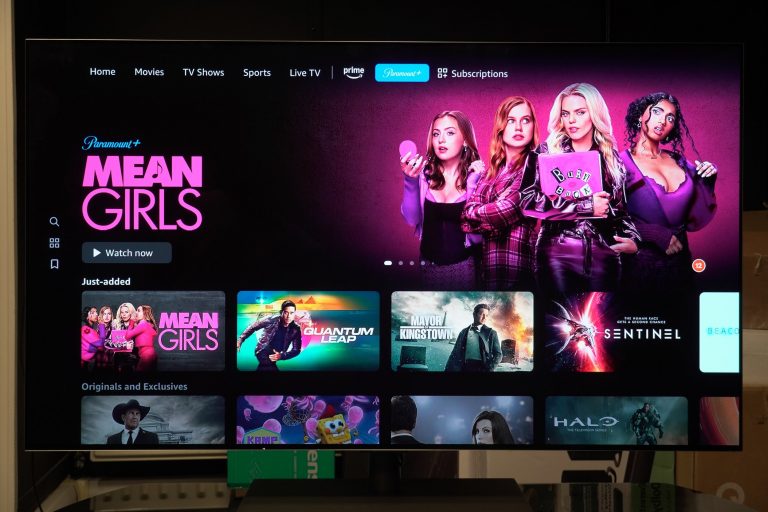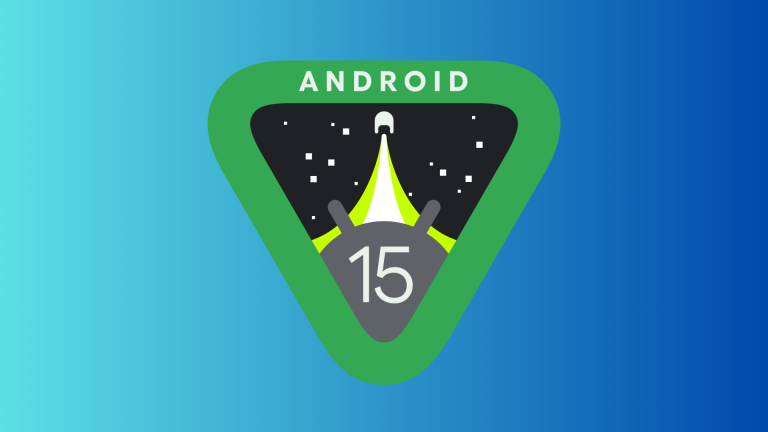Unlocking the Secrets of Addictive Storytelling: Why Modern TV Shows Need to Take a Page from Lost’s Book

OPINION: The Lost Era of TV Shows
The Golden Age of Television
I’ve been re-watching Lost, and I’m sure the first thing that comes to mind is, “worst ending ever.” But I disagree. Lost was never going to reconcile its mysteries in a way that would please everyone. It’s a show that thrived on its complexity and the debate it sparked.
In today’s streaming era, TV shows seem to be lacking something special. The Acolyte, for example, never quite took off, and it’s a common problem with many TV series in recent years. They’re all about spectacle, but often forget to focus on interesting characters and engaging narratives.
A Different Era
Lost premiered 20 years ago, and watching it now is a reminder of how different the TV landscape was back then. It was an original idea, not a spin-off or based on a known property. It was fresh and new, and we hadn’t seen anything like it before.
This was also an era when TV shows were 20 episodes or more, allowing for well-paced storytelling and character development. The Netflix Marvel shows, for instance, started strong but began to sag around the mid-point. And with the rise of streaming, people don’t watch shows together anymore, and even mediocre series can go unnoticed.
TV Needs Fresh New Ideas
While Lost wasn’t perfect, I wish we could go back to a time when TV shows took their time, focused on characters, and told original stories. With streaming, the emphasis is on drawing people in with recognizable worlds and characters, but I hope we’ll eventually pivot back to telling original, riskier stories. Shows like Baby Reindeer are a glimmer of hope, but they’re few and far between.
We need TV to go back to its roots and focus on fresh, new ideas. We need shows that take risks, challenge our perspectives, and leave us talking long after the credits roll.






